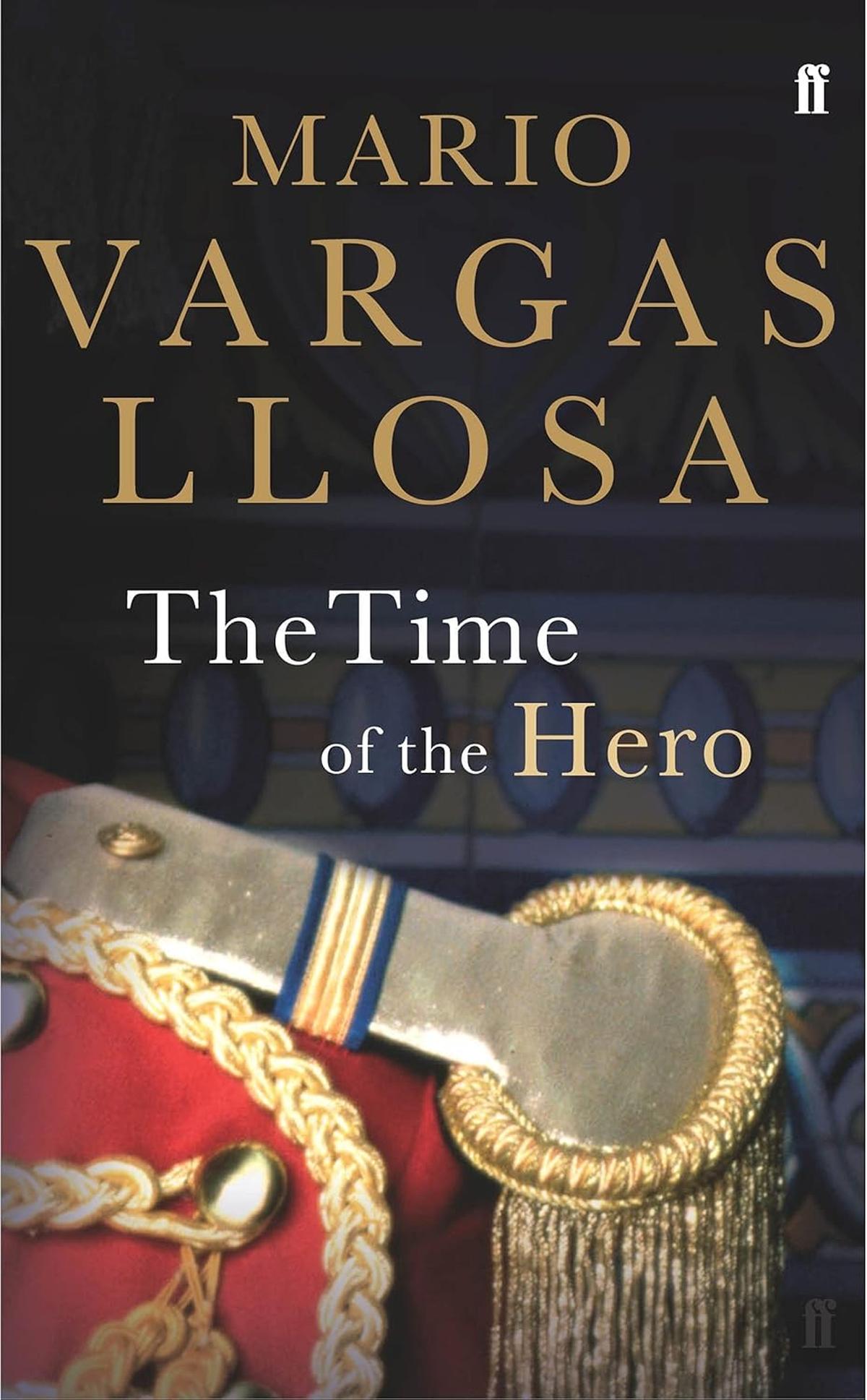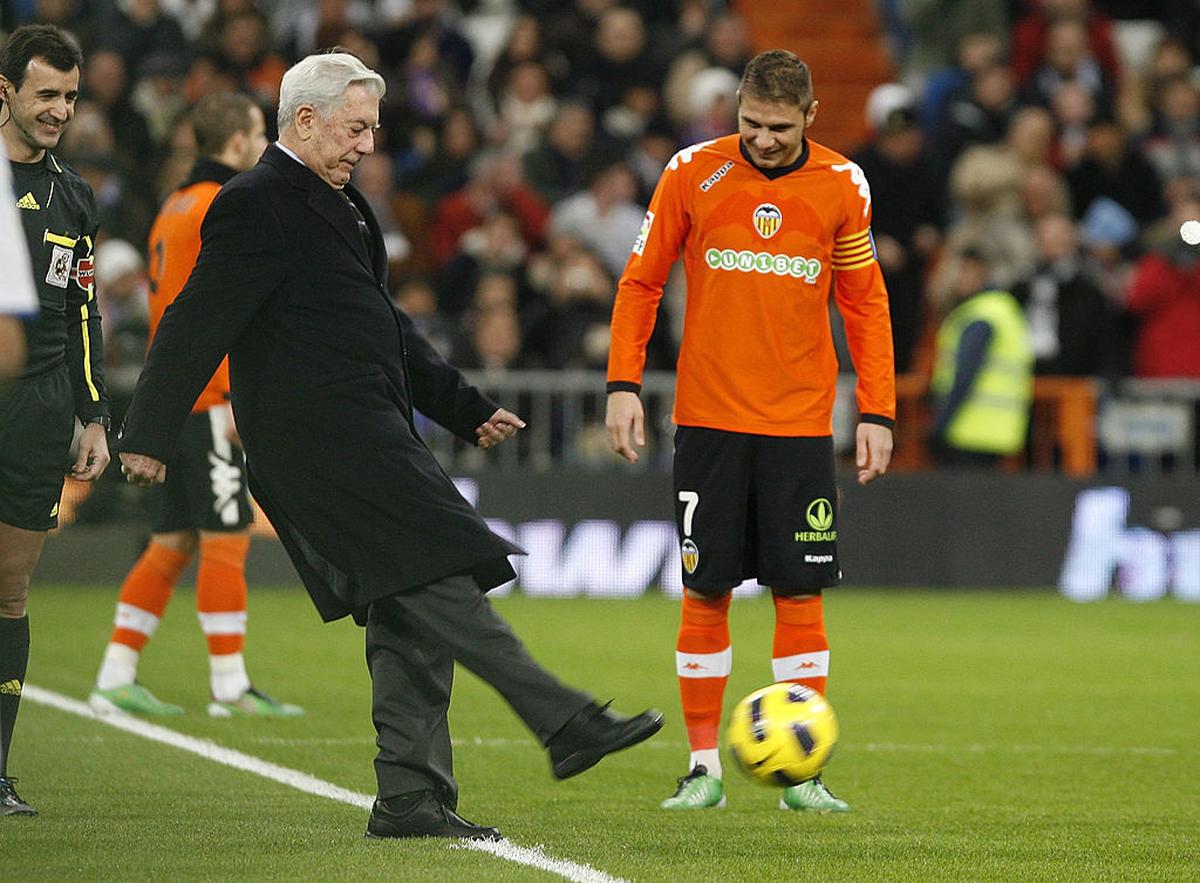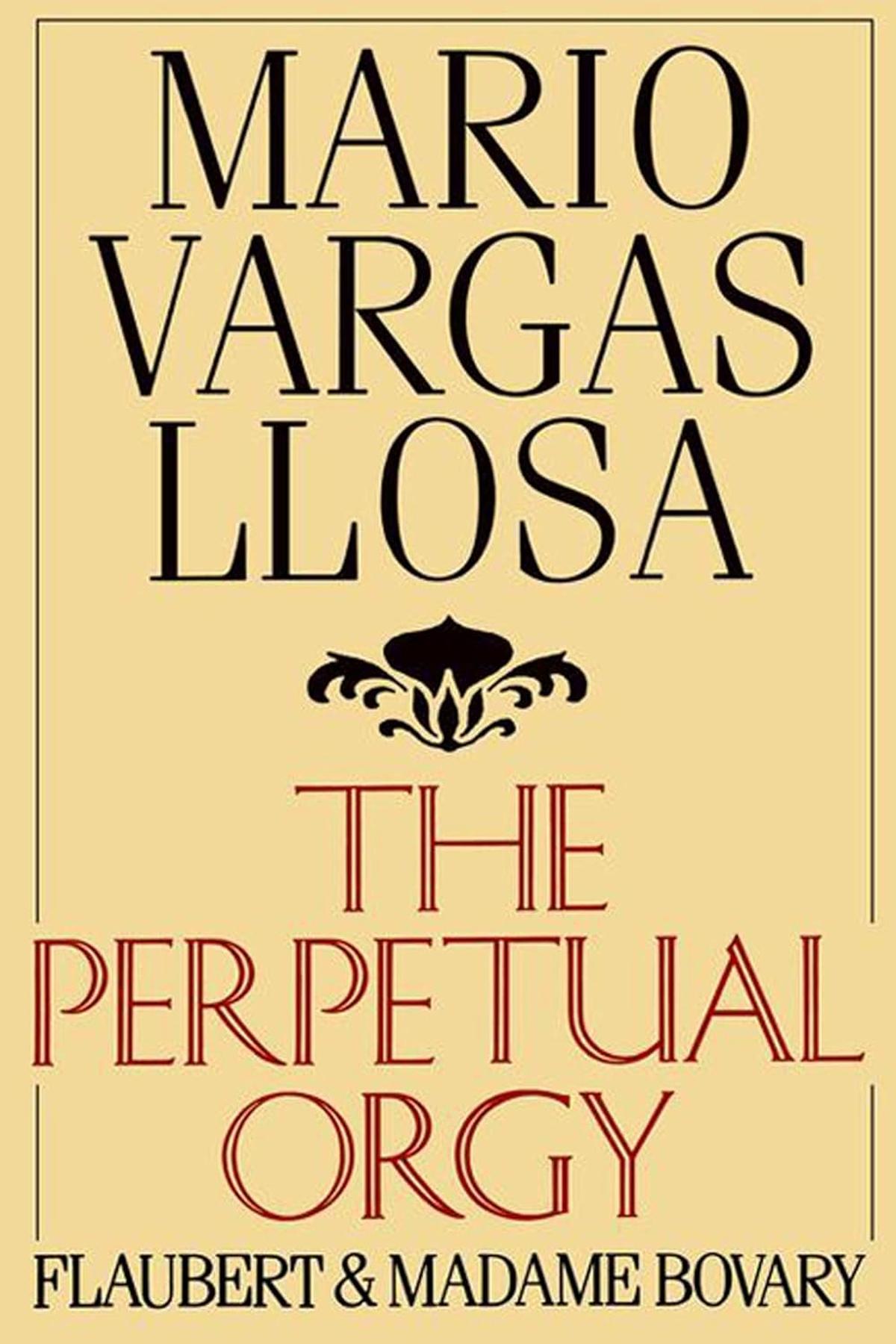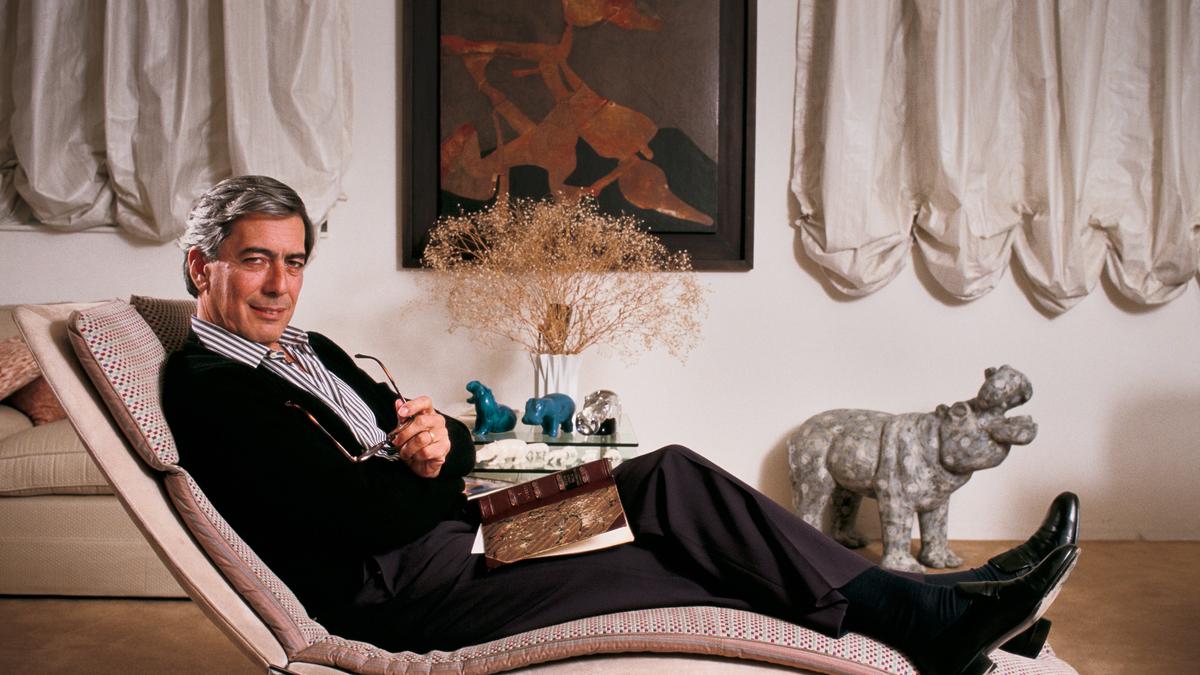Mario Vargas Llosa, who died at 89 on April 13, 2025, was once described by John King, his translator and editor, as “art critic, football commentator, film buff, polemicist, political essayist, literary critic, playwright, chronicler, short story writer…” Llosa’s Nobel Prize was a couple of decades in the future then; so too were half his 50-odd books.
A later editor might add: “…womaniser, failed Presidential candidate, political traveller from left to right, writer of erotica who once succumbed to the censor in Franco’s Spain, lapsed Catholic, and above all, a great writer…” In the end, that last is all that matters.
Llosa was the most accessible among the ‘Latin American Boom’ writers (Gabriel Garcia Marquez, Julio Cortazar, Carlos Fuentes were the others). Although he did indulge, he didn’t care much for magic realism, saying in his 1993 memoir A Fish in the Water, “I have a weakness for realism.” That was the register he operated in, initially inspired by three diverse writers: Gustave Flaubert, William Faulkner and Jean-Paul Sartre, although he was later disillusioned with Sartre’s tendency “to think that laughter was forbidden in any literature that sought to be profound”.
In 1964, Fuentes wrote to Llosa, “The future of the novel is in Latin America, where everything is yet to be said and to be named.” Latin America, replied Llosa, has “the energy, the myths, the stories capable of saving the genre”. The four writers were friends (till Llosa punched Marquez in the face — perhaps over a woman. In Barcelona, they had once lived on the same street!). They were conscious of their roles in the vanguard of the literary movement in the 1960s and 70s. Now, all are gone.
The grouping may have been a media convenience — Argentine writer Jorge Luis Borges, the Cuban Alejo Carpentier, Miguel Asturias of Guatemala were already experimenting with similar techniques in the 1940s and 50s — but the Boom writers brought the sensibility to its maturity.

Dislike for nationalism
Of the two influences on the group, one was a writer and the other a politician. Borges and Fidel Castro. Marquez remained Castro’s lifelong friend. Llosa, initially inspired by the Cuban revolution, fell out with Castro over the latter’s jailing of the dissident poet Heberto Padilla. In Half a Century with Borges (2020), Llosa wrote he read Borges “not only with the exaltation that a great writer awakens, but also with an indefinable nostalgia and the feeling that something of that dazzling universe of his imagination… will always be denied me, no matter how much I admire and enjoy it with him.”
Of political engagement, he said, “When I started to write, we were totally convinced that literature was a kind of weapon.”
It was a weapon he trained on autocrats, dictators, the corrupt, the rich. In his Nobel Prize speech in 2010, he said that without literature, we would “be less aware of the importance of freedom for life to be liveable, the hell it turns into when it is trampled underfoot by a tyrant, an ideology, or a religion”.

Llosa was 26 when he wrote The Time of the Hero (1963) about bullying and snobbery in the army. The War of the End of the World (1981) was a search for utopia while The Feast of the Goat (2000; his last masterpiece according to some, although The Way to Paradise written three years later is superior) was on the monstrous regime of the Dominican Republic dictator Rafael Leonidas Trujillo. The Bad Girl (2006) reminded his country of the misrule of Alberto Fujimori to whom he had lost the election. Material was always close at hand for the four writers of whom Llosa was probably the least parochial having lived in France, Spain and England. “Although I was born in Peru, my vocation is that of a cosmopolitan and an expatriate who has always detested nationalism,” he wrote in his memoir.
Total mastery

Writer Mario Vargas Llosa kicks off the La Liga match between Real Madrid and Valencia in Madrid, December 2010.
| Photo Credit:
Getty Images
Llosa the essayist gave reign to his range and humour (Aunt Julia and the Scriptwriter (1977) is his best-known novel in the genre). Dealing with mice in his room in London, the dalliance of his son with Rastafarians, Maradona and the football World Cup, art exhibitions, all converted life lived into literature. The apparently casual newspaper columns on his diverse interests often revealed the person behind the prose not immediately discernible in more ‘serious’ writing.
Great novelists are seldom great critics too. Llosa was both. The Perpetual Orgy (1975), on Flaubert and Madame Bovary (which he called the first modern novel), is a masterclass.

Llosa understood ‘total football’; he was master of the ‘total novel’ that used a variety of viewpoints, looked at society from all angles and studied the influence of social and political forces on his characters (and vice versa). In an essay on Ernest Hemingway, he wrote, “The most important thing was not to live, but to write.”
Llosa did both, and at a pitch few did.
The reviewer’s latest book is ‘Why Don’t You Write Something I Might Read?’.
Published – April 24, 2025 01:37 pm IST
